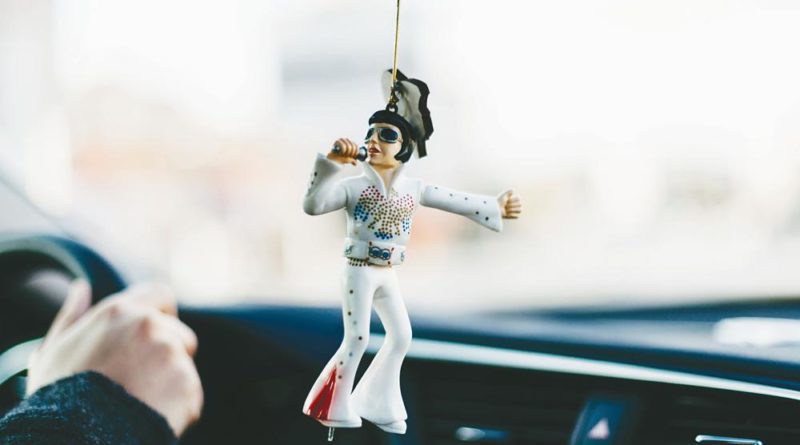Home | Harnessing power of love songs
I CAME to know about Elvis Presley through someone else’s rendition of his song – a cover version as they are known today. It was UB40’s reggae version of Presley’s 1961 hit Can’t Help Falling In Love, released in 1993, that piqued my interest and led me to delve deeper into the legacy of the “King of Rock and Roll”.
Elvis Aaron Presley, born on Jan 8, 1935, in Mississippi, rose to fame in the mid-1950s with his distinctive voice, energetic stage presence, and pioneering fusion of country, rhythm and blues and gospel music.
Even the legendary composer and conductor of the New York Philharmonic orchestra Leonard Bernstein hailed him as “the greatest cultural force in the 20th century”, referring to his immeasurable effect on the entertainment industry and beyond.
However, I am more interested on the impact of his songs and their effects on addressing social issues.
Apart from revolving around themes of love, romance and relationships such as Love Me Tender and Heartbreak Hotel, his songs also explore other subjects such as social issues, faith and identity, exemplified by tracks such as In the Ghetto and If I Can Dream.
Presley’s distinctive style, which frequently incorporated African American musical elements, has been known to have played a significant role in breaking down racial barriers in the industry.
His refusal to perform at segregated venues further solidified his reputation as a true civil rights activist.
Although he never made his stance on the movement publicly, his actions and impact on the racial dynamics of the US cannot be taken lightly.
In the same era, albeit, born earlier and shot to stardom later, Nesta Robert Marley or commonly known as Bob Marley, was also known widely for his songs that revolve around the themes of love, social justice, spirituality and empowerment.
Songs such as One Love, Is This Love and Could You Be Loved are among his famous tracks that express messages of love and unity. These songs advocate universal love and emphasise the importance of treating others with kindness and respect, regardless of differences.
What is interesting is that Marley’s music often addresses the struggles and challenges faced by marginalised communities. His commitment to social justice and equality is deeply intertwined with his message of love, as he truly believed that love could be a catalyst for positive change in the world.
Through his powerful lyrics and emotive performances, Marley masterfully brought our attention to issues such as poverty, injustice and oppression, indirectly encouraging us to reflect on the world and consider our role in creating positive change.
His music inspired generations of activists to stand up against oppression and work towards
a more just and equitable society. His songs became anthems for movements fighting against apartheid in South Africa, for civil rights in the US and for indigenous rights in Latin America, among others.
The Black Eyed Peas, founded in Los Angeles by two school friends (one of them was half Filipino), is another globally known band that frequently addressed social issues in its songs. The hip-hop band shot to fame via its 2003 hit Where is the Love? which tackled topics such as violence, inequality, and the need for compassion and understanding in society.
They have also collaborated with organisations such as the Red Cross on initiatives aimed at addressing social issues such as education, environmental sustainability and youth empowerment. Through their music and activism, they sought to promote messages of unity, resilience and social responsibility.
These three are not the only ones to address social issues in their songs and works. The Beatles, Stevie Wonder, Tracy Chapman, John Legend and The Fugees are often cited for their strong messages of identity, unity and collective action in their songs as well.
Perhaps love songs or music can be a platform for us to initiate positive change in society, especially among the impressionable younger generation.
By fostering a sense of optimism and belief in their ability to make a difference, we can empower young people to become agents of change in their lives and the world around
them.
In conjunction with Valentine’s Day, perhaps we can prioritise love in all our interactions, institutions and policies so that we can create a world where each one of us
has the opportunity to contribute to the common good.
The writer is the former director of the Corporate Communications Centre at Universiti Malaya.
Comments: [email protected]



 Memento Maxima Digital Marketing
Memento Maxima Digital Marketing







